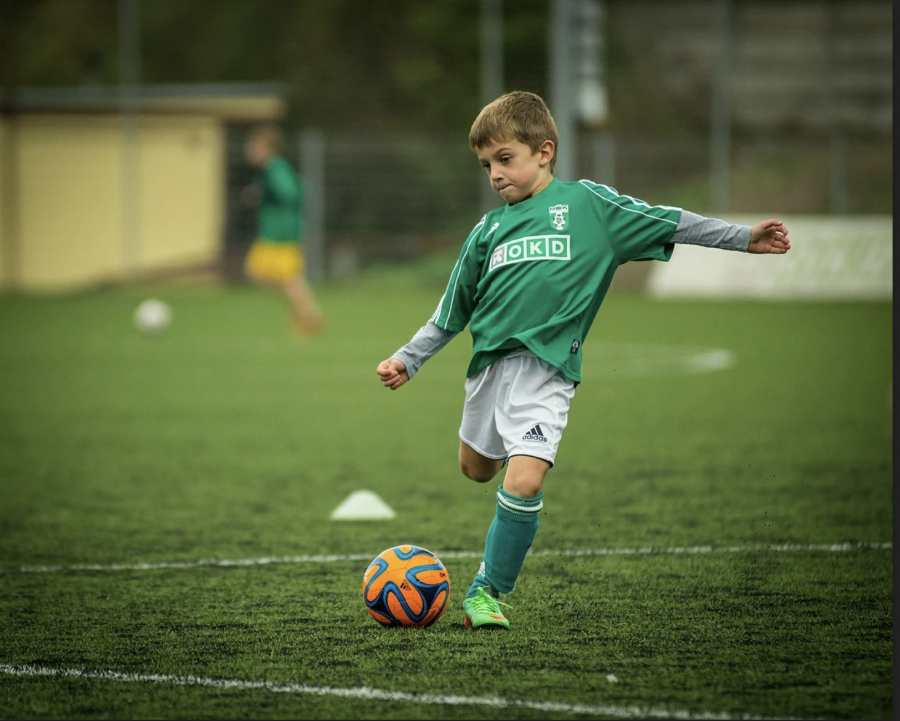Letter: Autistic Students Are Marginalized in Team Sports
August 11, 2021
Participation in team sports promotes self-growth, community involvement and better health, though it is not always easy getting involved. This is especially true for autistic students. Autism is a mental condition characterized by how one atypically communicates, behaves, interacts and learns. These conditions create psychological barriers which hinder the recreational experiences of autistic individuals. Our community’s autistic students are experiencing inequity in their team sports experiences and there are ways we can help avert this.
Autistic students’ intrinsic characteristics place them at a higher risk of being marginalized at school. It is saddening to learn that autistic students are 63% more likely to be a victim of bullying than their peers. While our society has rapidly advanced in fostering better environments for autistic students, there is still much work to do, especially on sports fields.
There are huge disparities in our athletic abilities. If you are anything like me, I am sure you have felt insecure or even threatened when a friend hands you a tennis racket out of the blue. It has been found that 79% of autistic children have definite movement impairments.
Combine this with interpersonal communication hindrances and bullying and it’s easy to see why joining a sports game becomes an anxiety-inducing situation. This quote offers a great explanation: “Playing the ball together with others is not simply kicking a ball. Rather, it is a complex activity at a neuropsychological and neuroanatomical functional level that requires an extremely diversified ‘motor vocabulary.’”
Team sports hold huge benefits if autistic students participate in a well-suited environment. Physical activity suited for autistic individuals has been correlated with increased interpersonal communication skills and all of the physical health benefits that come from exercise. It is critical that we help our communities include autistic students in team sports.
One of the best ways you can help this cause is to volunteer to supervise or referee local sporting events. This does not have to be at a school for autistic students, though it most certainly can be. Autism is not exclusive to certain schools, areas or groups of people. There are students on the spectrum everywhere in our community’s schools who have no educational accommodations.
When you get involved in local sporting events, make sure to foster fun, inclusive environments free from overarching competitive attitudes. This creates a better experience for all the participants, and for someone on the spectrum, it can make all the difference.
— Dylan Stott, University of Utah student







